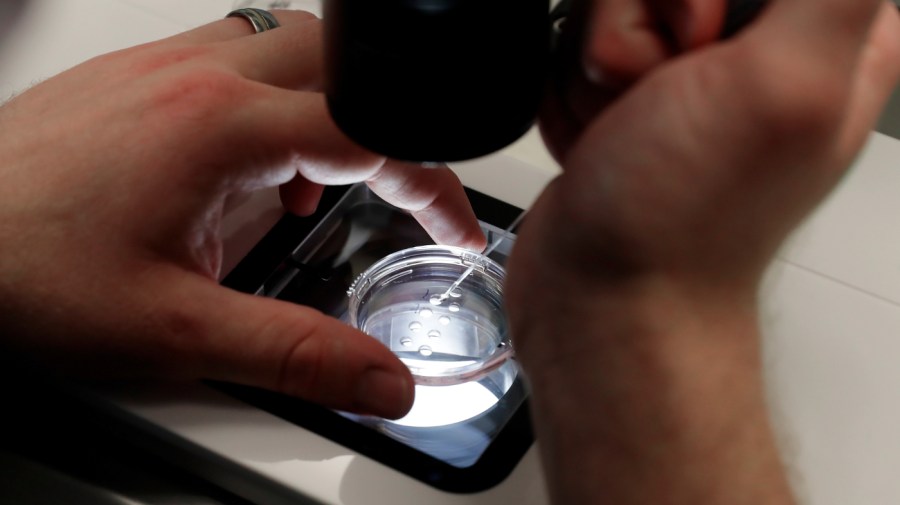The pro-life movement is grappling with a complex identity challenge as discussions about the acceptance of In Vitro Fertilization (IVF) intensify. This debate raises questions about the movement’s core values and its stance on reproductive technologies that may conflict with its fundamental beliefs regarding the sanctity of life.
As IVF becomes a more prevalent option for couples facing infertility, the pro-life movement is at a crossroads. A significant faction within the movement argues that IVF undermines the belief that all embryos possess an inherent right to life. In contrast, others advocate for a more inclusive approach that recognizes the potential of IVF to help families conceive.
Internal Conflicts and Emerging Perspectives
According to the National Right to Life Committee, the ethical implications of IVF involve the creation of multiple embryos, many of which are not used in the implantation process. This has led to concerns about the fate of unused embryos, which some view as a moral dilemma. The committee’s position emphasizes the need to protect all human life from conception.
Conversely, certain advocates within the pro-life movement, including members of the American Society for Reproductive Medicine, argue for a nuanced perspective. They suggest that supporting IVF can align with pro-life values by emphasizing the importance of life-affirming practices. This perspective promotes the idea that IVF can assist couples in achieving their dreams of parenthood without compromising ethical standards.
The ongoing dialogue reflects a broader cultural shift as societal attitudes toward reproductive technologies evolve. In March 2024, a survey conducted by a leading research organization indicated that approximately 60% of Americans support IVF as a viable option for couples struggling with infertility. This growing acceptance presents a challenge for the pro-life movement, which must reconcile its traditional values with the evolving landscape of reproductive health.
Future Implications for the Pro-Life Movement
The outcome of this internal debate may have significant implications for the pro-life movement’s future. If the movement embraces IVF, it risks alienating a portion of its base that views this acceptance as a contradiction of its principles. Conversely, rejecting IVF may hinder the movement’s relevance in discussions surrounding reproductive health and family planning.
As the pro-life movement navigates this identity crisis, it faces critical questions about its mission and values. The movement’s ability to adapt to changing societal norms while remaining true to its core beliefs will determine its influence in the ongoing dialogue about reproductive technologies.
In summary, the pro-life movement’s struggle with the acceptance of IVF illustrates the complexities of aligning traditional values with contemporary medical practices. As this debate continues to unfold, both proponents and opponents will need to engage in thoughtful discussions to address the ethical considerations surrounding reproductive health.
